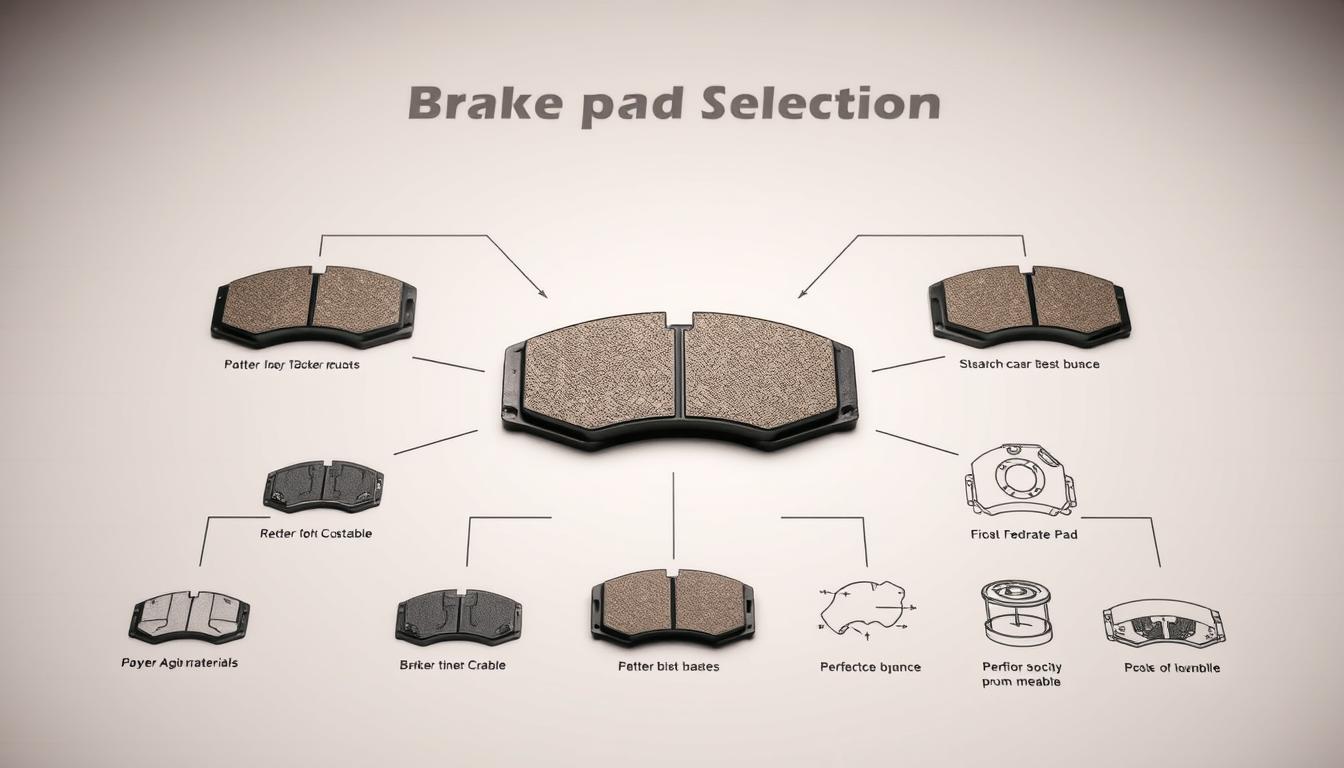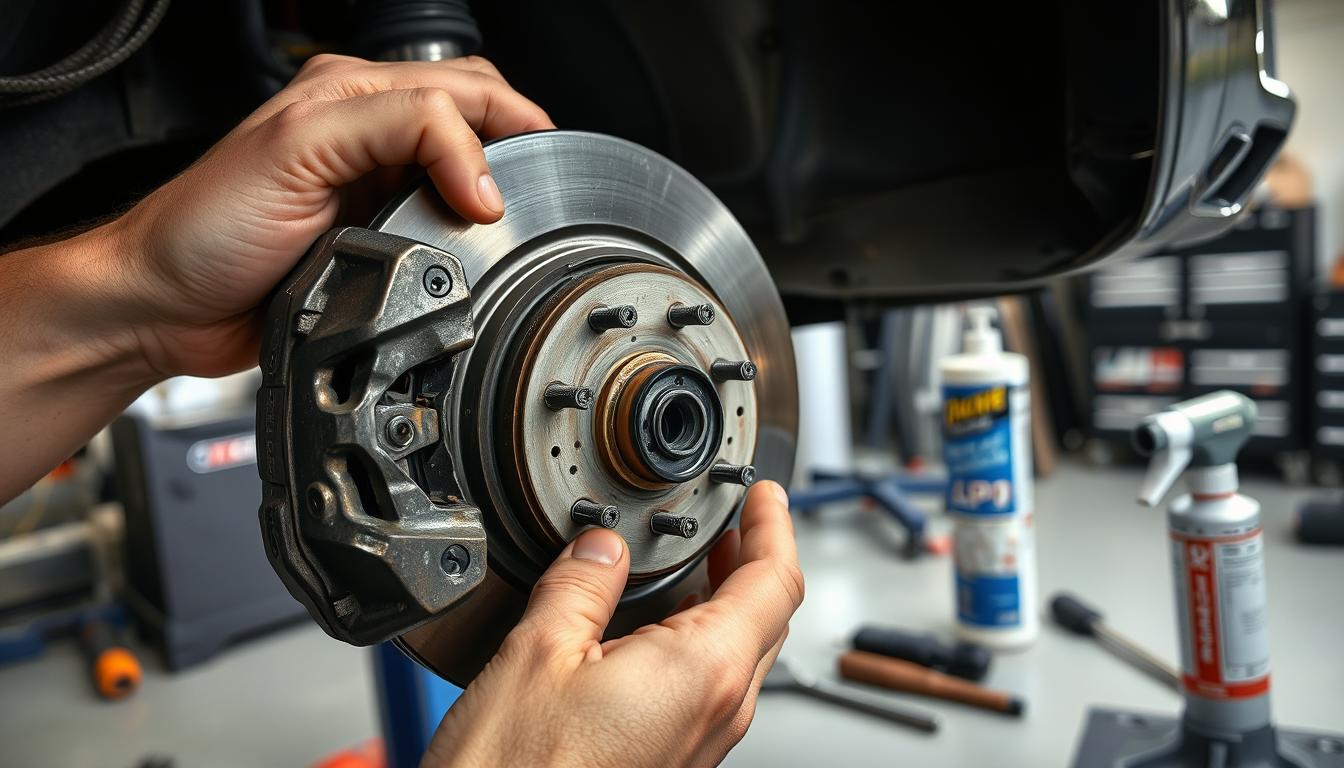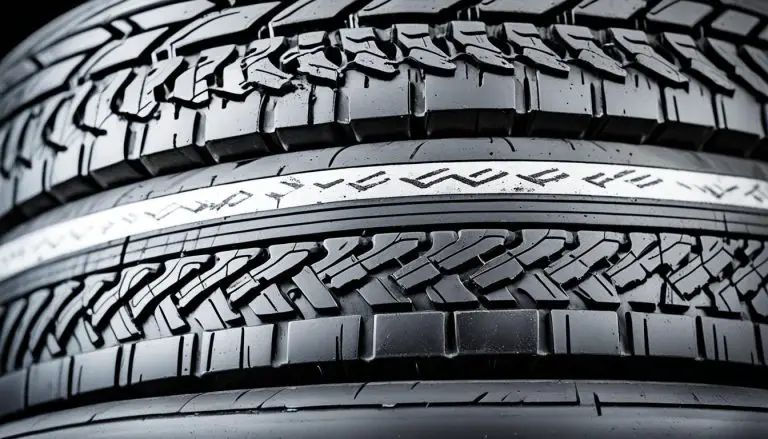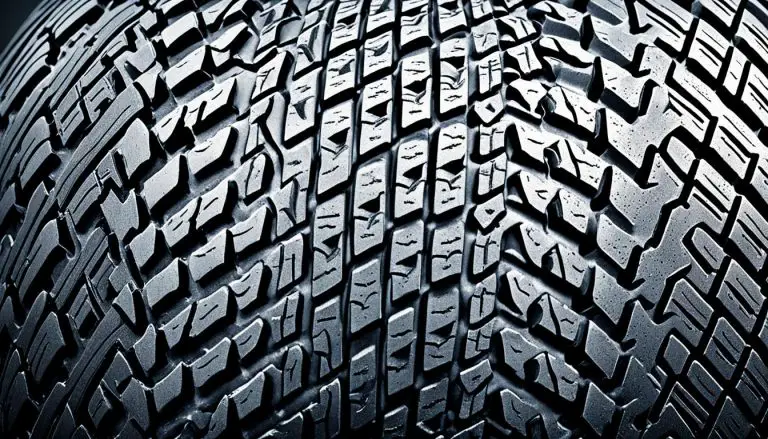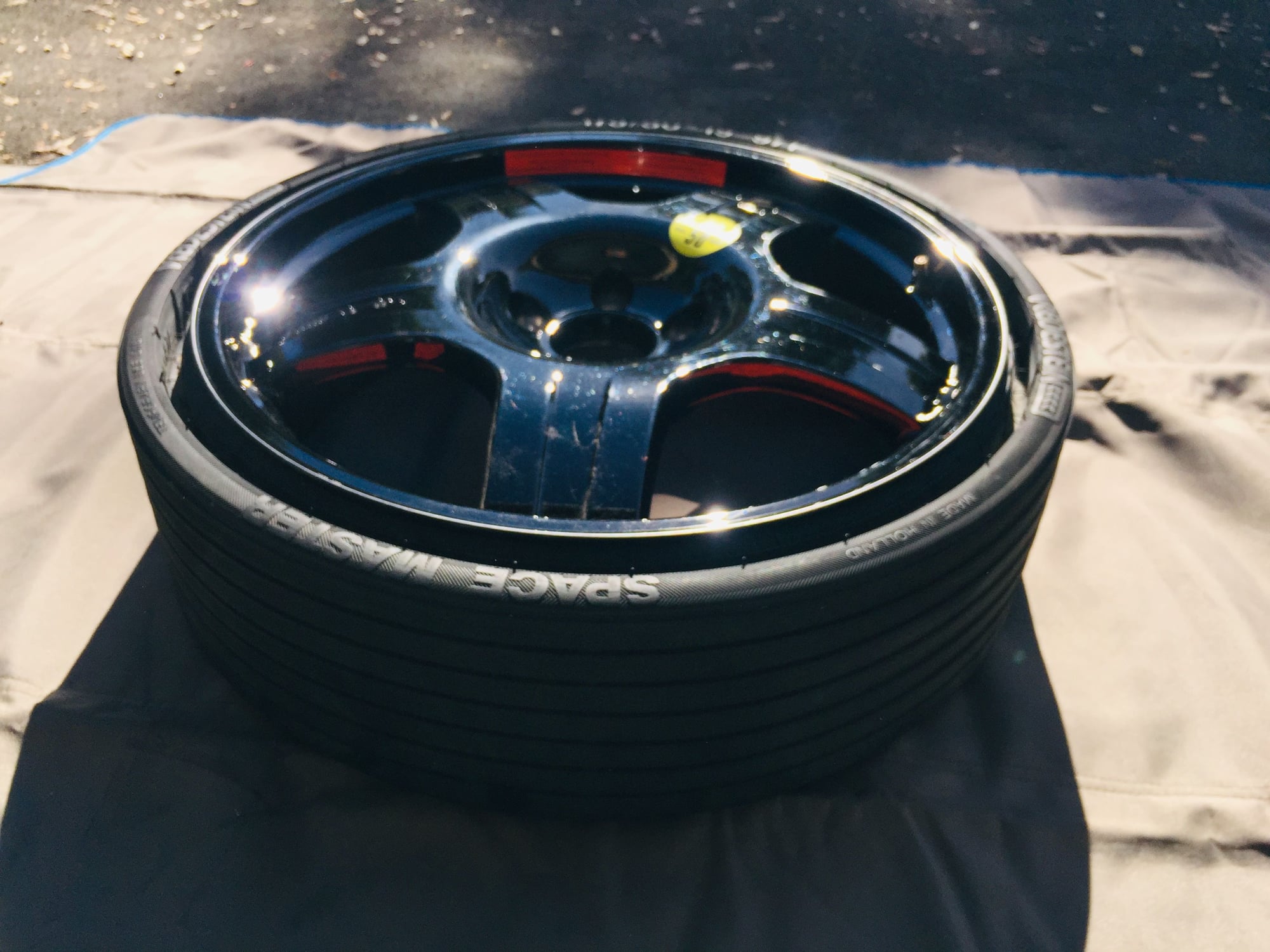
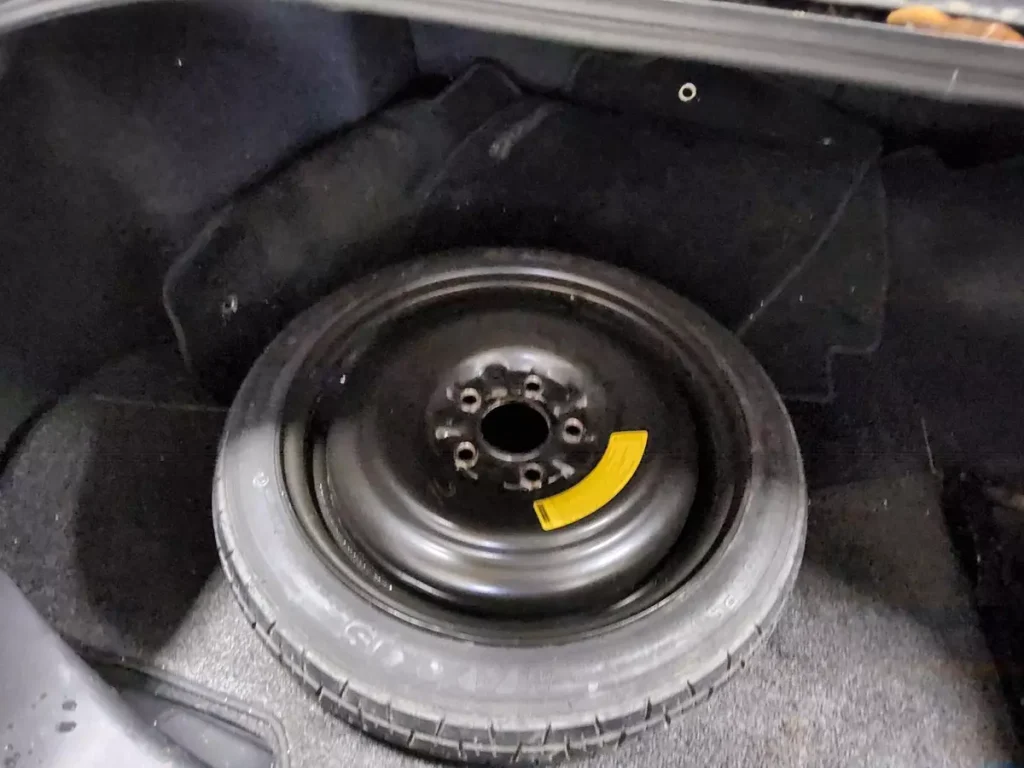 Are you wondering just how much a spare tire would weigh? Spare tires can vary in weight depending on their size and construction. In this quick guide, we will explore the average weight of spare tires, discuss factors that can influence the weight, and provide you with guidelines for determining the weight of a spare tire.
Are you wondering just how much a spare tire would weigh? Spare tires can vary in weight depending on their size and construction. In this quick guide, we will explore the average weight of spare tires, discuss factors that can influence the weight, and provide you with guidelines for determining the weight of a spare tire.
Whether you’re a driver, an auto technician, or simply looking to be informed, understanding the weight of spare tires can be useful in a variety of situations. Let’s dive in and explore this topic further.
If you’ve ever asked yourself, “how much does a spare tire weigh?”, keep reading to learn more about the average spare tire weight and considerations for determining spare tire weight.
Factors Influencing Spare Tire Weight
There are several factors that can influence the weight of a spare tire. One of the most important factors is the size of the tire. Generally, larger tires will weigh more than smaller tires.
Another important factor is the type of tire. For example, a full-size spare tire will typically weigh more than a donut spare tire. Additionally, the construction of the tire can also affect its weight. For instance, steel-belted tires tend to be heavier than non-steel-belted tires.
The weight of a spare tire can also be impacted by the manufacturer’s design. Some manufacturers may prioritize durability over weight, resulting in a heavier tire. Conversely, other manufacturers may focus on producing lightweight tires, resulting in a lighter tire.
In terms of range, spare tire weights can vary widely depending on these various factors. On the lighter end, some smaller donut spare tires can weigh as little as 20 pounds. On the heavier side, some larger full-size spare tires can weigh up to 80 pounds or more.
That said, it is important to note that there is a typical spare tire weight range that you can expect. Generally, most spare tires will fall within the range of 30 to 50 pounds. This weight range is a good guideline to keep in mind when considering the weight of your spare tire.

Lightweight Spare Tires: A Closer Look
Lightweight spare tires are commonly known as “donut” tires or “space-saver” tires, and they are known for their smaller size and reduced weight. These types of tires are designed to be temporary replacements for regular tires in emergency situations.
Compared to regular tires, lightweight spare tires weigh significantly less, with an average weight of around 20 pounds for most sedans and compact cars. This reduced weight makes them easier to handle and store, which can be particularly useful for drivers who do not have much storage space in their vehicles.
In addition to their reduced weight and smaller size, lightweight spare tires also offer several advantages over regular tires. For instance, they are easier to maneuver and accelerate due to their lower weight, which can be particularly beneficial in emergency situations where time is of the essence.
However, there are some considerations that drivers should keep in mind when using lightweight spare tires. For starters, these tires are not designed for prolonged use and should be replaced with a regular tire as soon as possible to ensure optimum safety and performance. Additionally, drivers should be aware that lightweight spare tires may affect the handling and stability of their vehicle, especially if they are used in wet or slippery conditions.
Despite these considerations, lightweight spare tires are a practical and convenient solution for temporary tire replacement in emergency situations.
Heavy Spare Tires: Understanding the Weight
Heavy spare tires, as the name suggests, are significantly heavier than their lightweight counterparts. They are commonly used in larger vehicles, such as SUVs and trucks, where weight capacity is not a major concern. These types of spare tires can weigh anywhere between 50 to 100 pounds, depending on the size of the tire and the vehicle it is designed for.
Heavy spare tires are typically made of stronger materials, such as steel or reinforced rubber, which adds to their weight. They are designed to provide added stability, particularly for vehicles that are carrying heavy loads or towing trailers.
The situations where heavy spare tires are commonly used include off-roading, long-distance hauling, and commercial work. These types of spare tires provide the necessary stability and durability for such heavy-duty applications.
Determining Spare Tire Weight: Calculators and Guidelines
Now that we have discussed the factors that influence the weight of a spare tire, you may be wondering how to determine the weight of your own spare tire. Fortunately, there are several methods for doing so.
Spare Tire Weight Calculator
One of the easiest ways to determine the weight of your spare tire is by using an online calculator. These calculators take into account the size and type of your tire and provide an estimate of its weight.
Keep in mind that these calculators are not 100% accurate and should only be used as a guideline. Factors such as the age and condition of the tire can also influence its weight.
Guidelines for Estimating Spare Tire Weight
If you don’t have access to a spare tire weight calculator, you can use some general guidelines to estimate the weight of your spare tire. Here are a few steps to follow:
- Check the size of your spare tire. This information can be found on the sidewall of the tire.
- Look up the average weight for tires of that size and type. This information can often be found online or in a tire manufacturer’s guide.
- Take into account any factors that may influence the weight of your tire, such as its age or condition. If your tire is significantly older or more worn than the average tire, it may weigh less.
By following these guidelines, you should be able to estimate the weight of your spare tire within a reasonable range.
Overall, whether you use a spare tire weight calculator or estimate the weight using guidelines, it’s important to have an idea of how heavy your spare tire is. This information can be useful when it comes to transporting your spare or choosing a replacement tire.
